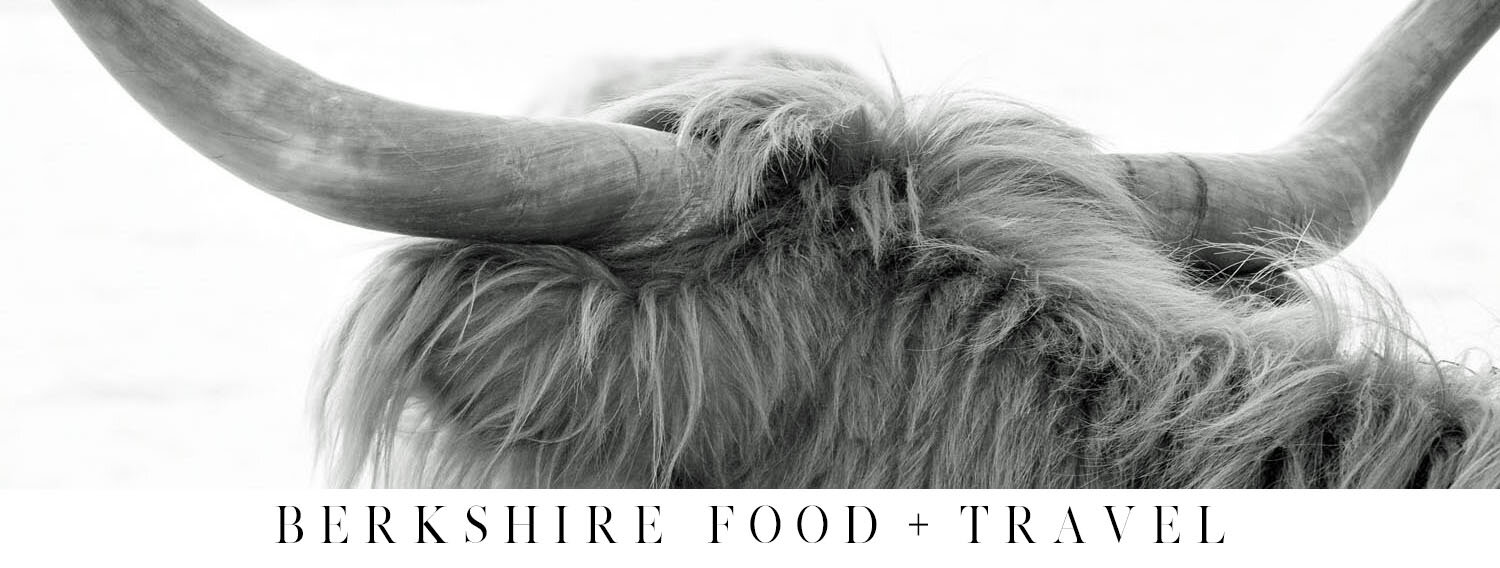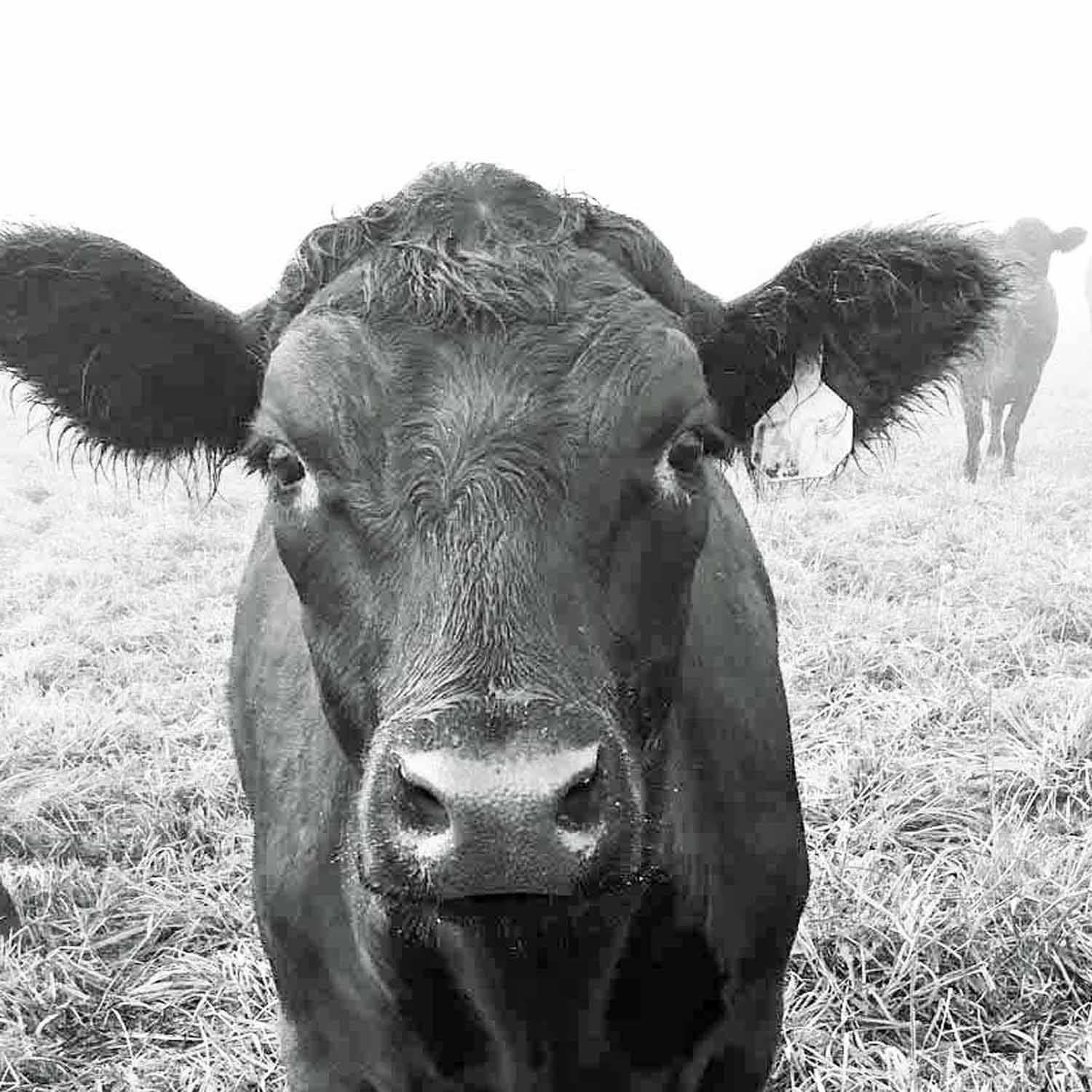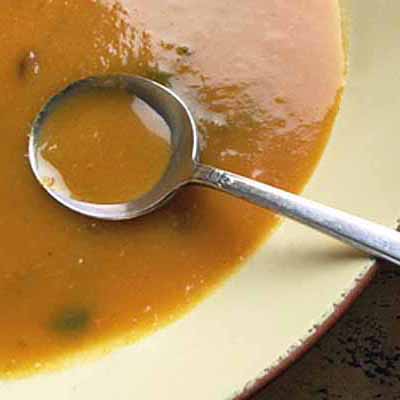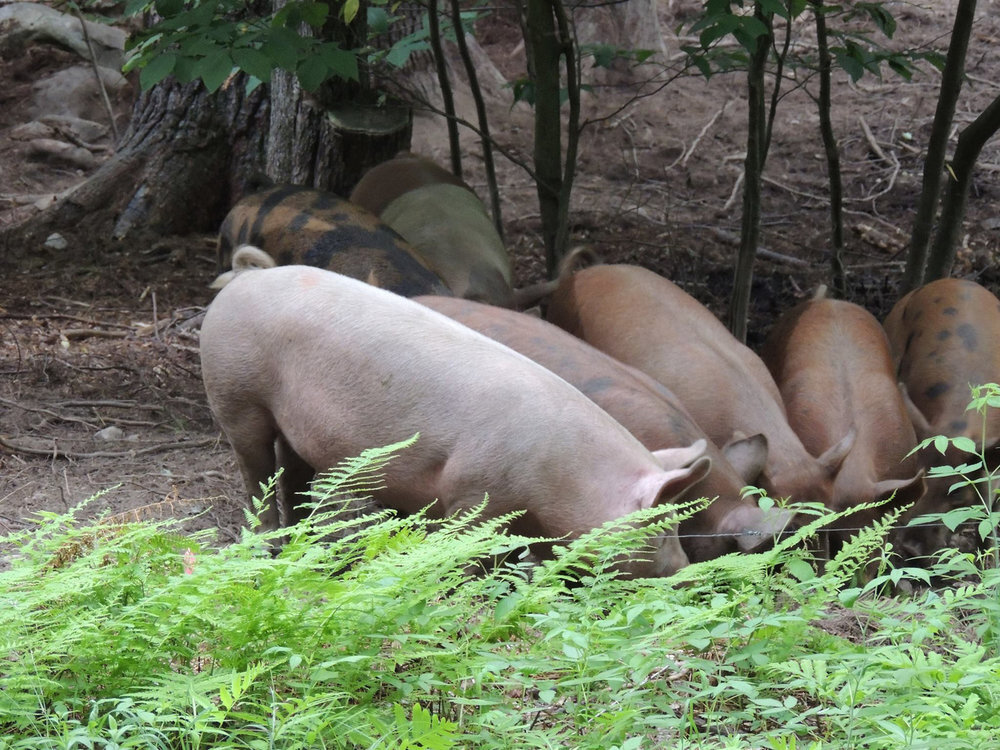THE OLD CHATHAM SHEEPHERDING COMPANY
INTERVIEW WITH JOHN SLOTTER, OPERATIONS MANAGER FOR OLD CHATHAM SHEEPHERDING COMPANY:"The Old Chatham Sheepherding Company was started by Tom and Nancy Clark more than 18 years ago. Their interest was in coming to this part of the country, they had some land available to them and they worked with Cornell University to determine that it was good for pasturing animals, especially sheep."
"They were able to purchase a small sheep farm dairy operation about 10 miles away, and for the next few years they spent building the property up with barns, developing the flock, and then developed the creamery building itself, and began making sheep milk cheese, sheep and cow milk cheese, and yogurt."
"It has grown into an operation from 200 ewes to the largest sheep farm in North America, with about 850 adult ewes in the breeding, lactating, milking program."
"Though we're known primarily as a producer of sheep milk cheese and yogurt, the other major part of the operation is actually the production of the milk itself. And that takes a farm crew, a farm manager, a flock manager, to make sure that the 1200-some sheep that are on the property are at the right place and the right time, being bred at the right time, and to insure that we have at least 250-300 sheep in our milking parlor every day of the year, producing milk."
"One of the fastest developing products in terms of interest and sales is our yogurt. The yogurt has 100% sheep milk. So, this is a very unusual, special niche product in our country. The yogurt is produced 5 days a week, it is pasteurized at a very high temperature, the yogurt cultures are added, and we add four specific yogurt cultures. And that is all. It's a very natural product in that it is just sheep milk and culture."
"Making sheep milk cheese, at the level that we're making it, there aren't too many people who come to us with experience. We do have several individuals who have gone through culinary school, who are interested in making this their career, and they've been with us for several years, and we do send them to cheese-making courses. So, it is a combination of on-the-job-training, following the recipes and the production that we're doing, and then learning the technique, learning the science, learning the chemistry and the biology of this live product – this cheese that we're working with."
"When the sheep are out in pasture, we could have as many as 4 or 5 different groups in different pastures. And they are moved around. We do some pasture-management, so that the sheep will eat the pasture down only so far, so that we don't destroy the good grasses even down to the roots. And then that pasture can regenerate. And then, 3 or 4 weeks later, a group can be moved back on that pasture. So, there's a constant moving of sheep. Some of the pastures are further away than others, and we are out in the country, so we do have some predators – coyotes especially – and it's always good to have something with the sheep that discourages the coyotes. We use donkeys. You can use sheep dogs, you can use llamas, but donkeys are our animal of choice so in most of our groups out in pasture, you'll see one or two donkeys with them."


























